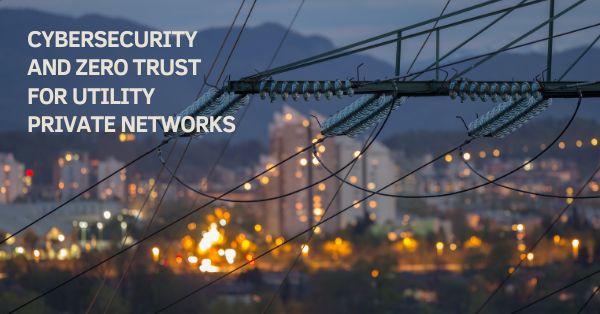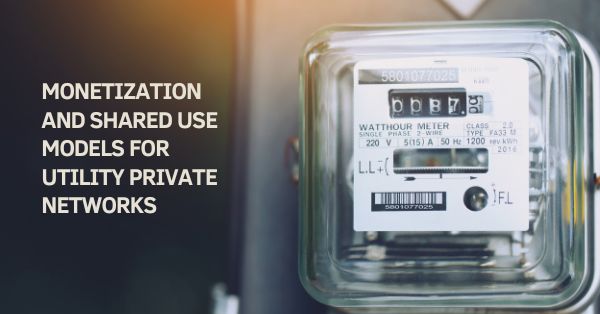Indian mobile phone operators are expected to at least double their investments in network security, with the 5G rollout expected to spark a surge in network vulnerabilities, which assume critical importance, especially for enterprises, experts said.
“With 5G, it is the first time they (the telcos) have a chance to put security at the core of the telecom operations. This will, of course, increase the need for investment to 2-2.5X from what they are doing now,” said Ruchin Kumar, vice president of South Asia at Futurex, an enterprise-class data security solutions provider.
Indian telcos allocate approximately 5% of their revenue to IT budgets, with 4-5% of that allocated towards network security protocols designed to protect both consumer and internal networks. As such, it is clear that investing in comprehensive security measures has become a vital part of any successful telecom business.
As 5G technology is fully launched, data flow is anticipated to increase by five to ten times. In response, Chetan Jain of Inspira Enterprise – a cybersecurity risk management firm – predicts that 25-30% of IT budgets will be dedicated solely to network security measures. Reliance Jio, Vodafone Idea, and Bharti Airtel did not respond when the Economic Times reached out for comment on this issue at press time.
Due to 5G, the IoT ecosystem is projected to witness a surge of connected machines all transmitting data and information into the network. In this sense, it is of utmost importance that we have robust security protocols in place for our networks so as to guarantee secure data transmission for those on the receiving end.
“As organizations integrate 5G into their enterprises and explore the possibility of IoT and Industry 4.0, data security concerns will become paramount,” expressed Pareekh Jain, CEO of EIIRTrend – an engineering research firm. “We must take extra precautions to ensure that our networks are safe.”
As 5G becomes more widespread, the need for better security measures is essential. However, telecommunication companies may face a few obstacles in their efforts to upgrade, as experts point out that transitioning from 4G to 5G can prove difficult due to its incompatibility with older networks and hardware. To meet these requirements, new systems must be put in place along with updated software solutions—a task that could pose an additional challenge for telcos across the globe.
Nishant Bansal, Senior Research Manager of IDC Asia/Pacific Telecom, explained that the transitioning process might bring two security concerns—the transfer of existing 3G/4G safety complications and the potential risks from products from less reliable providers.
Securing telecommunication networks is paramount; hence, telcos should prioritize the implementation of network DDoS protection and identity & access management systems.
By investing in artificial intelligence and machine learning (AI/ML) for network security, telcos will have the power to protect their networks from rising data traffic, IoT devices, consumers, and enterprises. AI modules are essential for threat detection and addressal as more people become connected with these networks – providing them the sophisticated protection they need.
Automating network traffic filtering and security monitoring with artificial intelligence is an intelligent investment for telcos, Pramod Gummaraj, chief executive of Aprecomm – a network intelligence firm- suggests. Doing so would not only ensure enhanced threat detection but also provide greater visibility to their networks’ components. Additionally, the implementation of software-defined networks allows them to rapidly detect any potential threats that may exist in the system.




























